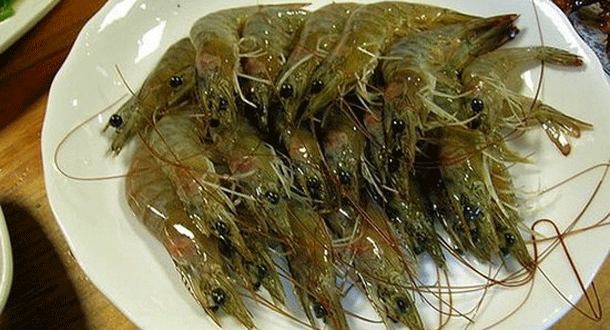
Adult cystic acne is among the most severe skin maladies that an individual can suffer from. Yet for a long time, this form of acne was exclusively associated with young children or at most, teenagers. It was thought to be extremely rare in adults. Recent studies have however confirmed that cystic acne among adults is becoming more and more common among. This calls for a comprehensive understanding of the malady.
How Does Cystic Acne Depict in Adults?
This form of acne is also referred to as nodulocystic acne. This is one of the most severe acne types in existence. When an adult suffers from acne, the skin develops pus-filled lesions that are incredibly painful at times. The painful lesions are what ultimately damage the skin. Even when the lesions heal, they leave behind a trail of ugly scars. Acne lesions are simply a collection dead cells, blood cells and bacteria.
What Are the Causes of Adult Cystic Acne?
Modern research has not clearly defined what causes adult cystic acne. It is however commonly believed that it accrues from intra-skin infections. In most cases, such an infection occurs around hair roots, at the source of hair follicles. The infections themselves could be triggered by the application of some skin lotions and other facial beauty products.
Of particular concern are the modern anti-aging creams and wrinkle free creams with high levels of mercury. The chemical deposits usually cause skin malfunctions that consequently lead to formation of the acne. Poor dieting (greasy and fatty fast foods) and hygiene are also prominent contributors to the skin malady. Some schools of though also attribute high acne occurrences in adults to frequent exposure of the skin to direct sunrays without a safe sunscreen.
Other causes of adult cystic acne include:
o High and regular alcohol consumption
o Heavy cigarette smoking
o Mental depressions
o Accumulated stress levels
o As a symptom of other illness and diseases like cancer
o Hormonal imbalances (endocrine diseases
Which Are the Available Treatments For Adult Cystic Acne?
Adult cystic acne is very difficult condition to treat and we currently have no singular medical cure available. However, medics have been able to relieve a patient’s irritation and pain that is caused by the acne through a variety of ways. Initial treatments in the market (for mild cases of the condition) include tropical and medication creams. The most effective medications today are the oral types that seek to remedy the condition from within the body rather than form the skin surface.
We have a host of antibiotic drugs currently in use as cystic acne treatments. The antibiotics usually aim at attacking the lesions causing bacteria. In severe cystic acne cases, you need extremely high doses of the antibiotics. At the most extreme of the condition, surgery is usually done. However, surgery itself scars the skin further and there is no guarantee that it will help get rid of all the lesions. Moreover, surgery is unrealistically expensive for some patients and yet it carries with it great side effects and health risks.
A natural way of reducing acne is maintaining good hygiene and amplifying the diet towards what is natural, wholesome and healthy. The most popular treatments currently are the non- medical treatments, especially the home remedies to reduce irritation, itching and further development of cystic acne. Such home remedies ingredients include:
o Baking soda
o Tea tree oil
o Contraceptive pills
o Honey etc
These remedies help in improving the health of the skin and in cleansing it from bacterial infection. A healthy skin will really develop adult cystic acne, especially if complimented by a regular and consistent healthy diet. For those already being afflicted by the condition, honey and tea tree oil balms the skin and reduces the irritation.

Source by Samuel J
 Vitamin Agent The Health & Naturalistic Source
Vitamin Agent The Health & Naturalistic Source





